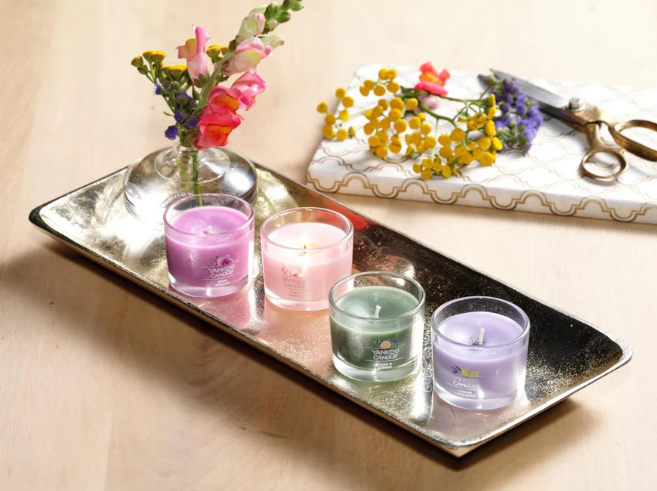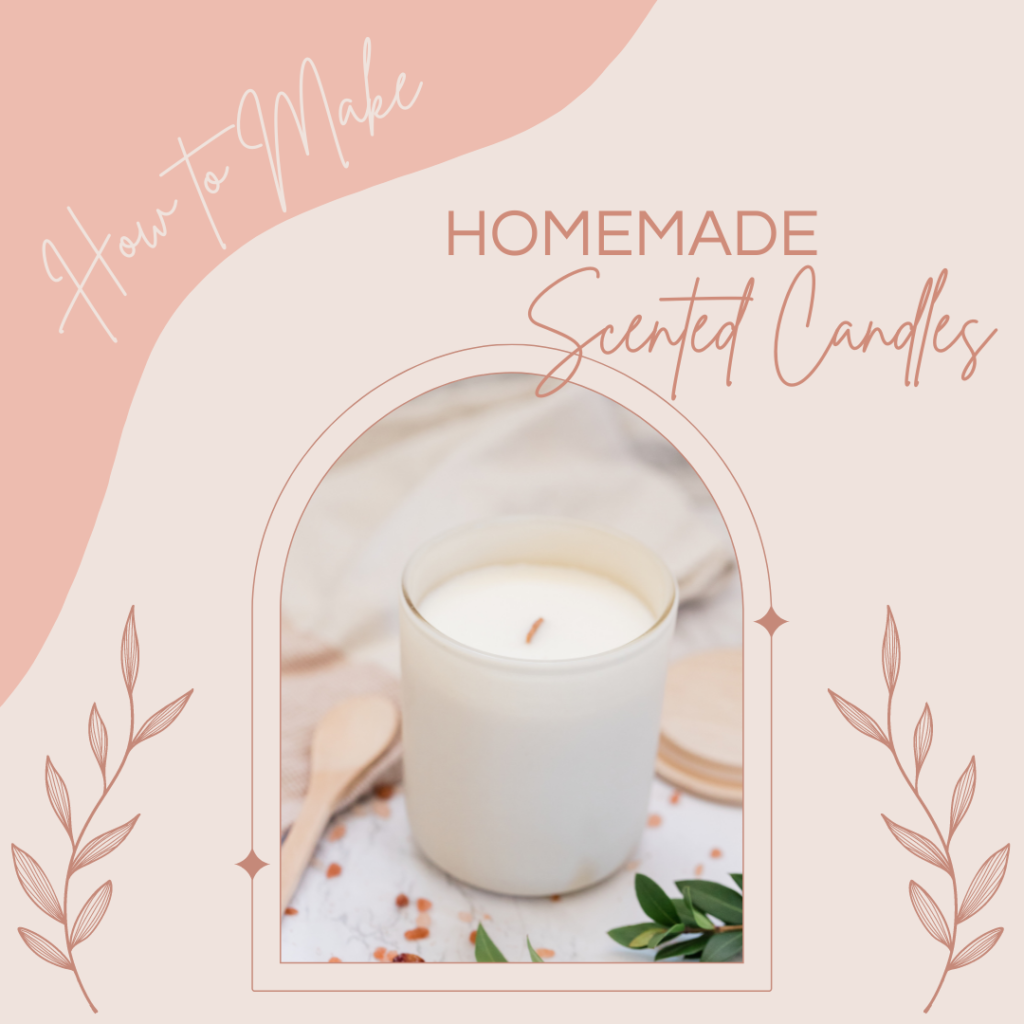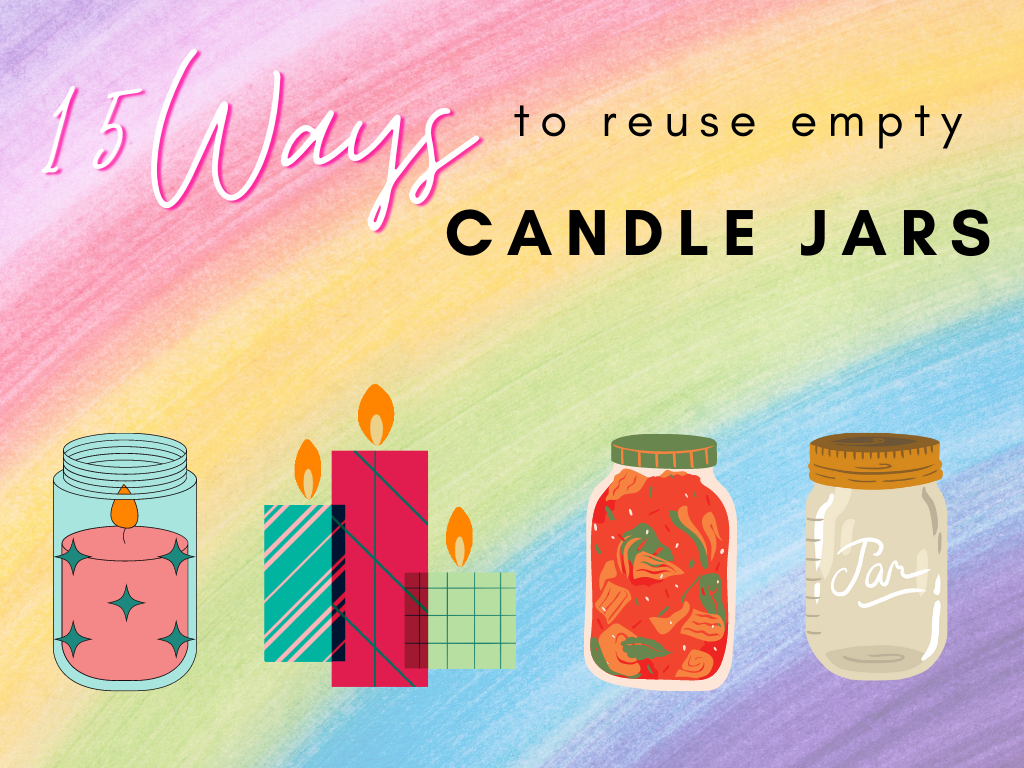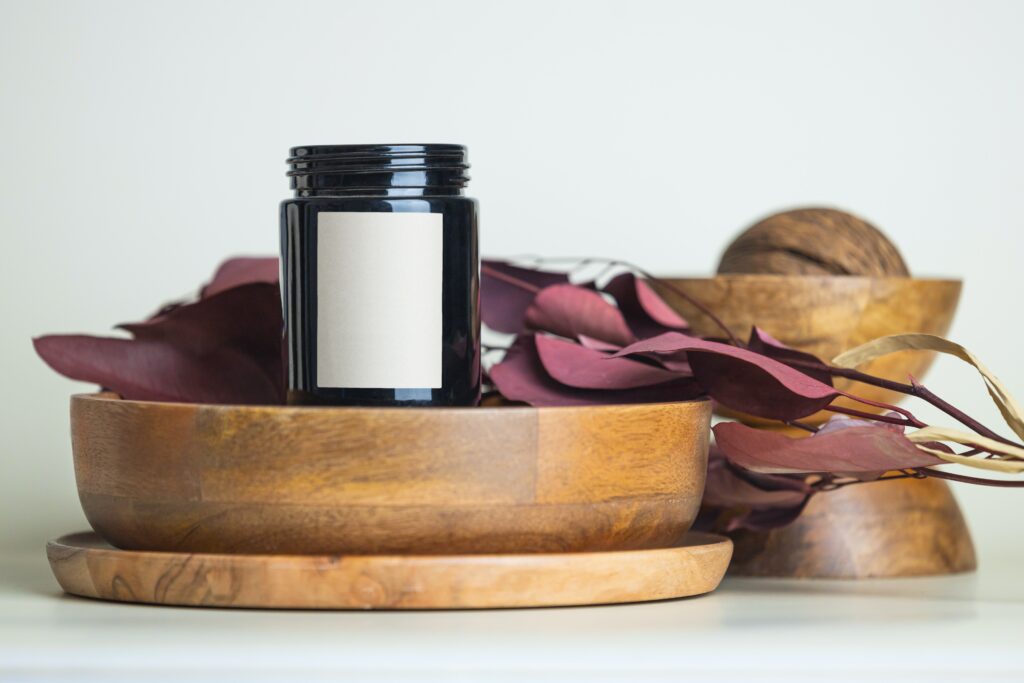Are Bath And Body Works Candles Toxic?
Bath and Body Works candles are well renowned for spreading a lovely smell and a cozy environment throughout the home, making them popular gifts. However, it appears that a menacing presence might be present, either in the air or in the shadows.
Bath and Body Work candles emit toxins and other compounds that can be harmful and even poisonous to your health when burned inside the home. Many of these substances can harm people and animals who are chemically sensitive.
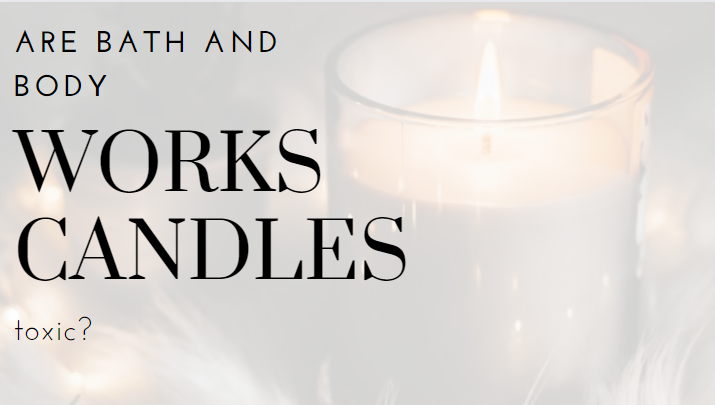
Why are bath body works candles toxic?
There are a few reasons why bath and body work candles might be toxic. The first is that they contain lead wicks. Lead is a known neurotoxin and can cause serious health problems, especially in children. Even low levels of lead exposure can cause learning and behavioral problems, so it’s best to avoid candles with lead wicks altogether.
Another potential reason why these candles might be toxic is because of the fragrances used in them. Many synthetic fragrances are made from petroleum-based chemicals that can be harmful to our health. These chemicals can cause respiratory problems, headaches, and even cancer. So, if you’re looking for a safer candle option, choose one made with natural fragrances instead.
Bath & Body Works candles are some of the most popular candles on the market, but did you know that they may be toxic? A recent study found that certain chemicals in candles can potentially be harmful to your health.
So, why are bath body works candles toxic? The study found that certain chemicals in the candles, including paraffin wax and fragrance oils, can release harmful chemicals into the air when burned. These chemicals have been linked to respiratory problems, headaches, and even cancer.
If you’re concerned about the health risks of burning candles, there are some simple steps you can take to reduce your exposure. For example, choose candles made with natural ingredients, burn them in well-ventilated areas, and don’t leave them burning unattended.
While no one is entirely sure why bath body works candles are toxic, and the potential risks are serious enough that it’s worth taking some precautions to protect your health.
Are bath and body works candles safe to use?
There’s been a lot of talks recently about the safety of bath and body works candles. Some people say that they are toxic and can cause health problems, while others claim that they are perfectly safe to use. So, what’s the truth? Are bath and body works candles dangerous?
Well, the answer isn’t quite as simple as yes or no. While some candles do contain harmful chemicals, not all of them do. It depends on the ingredients used in the candle. For example, some candles contain paraffin wax, which can release harmful toxins when burned. However, other candles are made with soy wax or beeswax, which are much safer options.
So, if you’re concerned about the safety of bath and body works candles, make sure to check the ingredients list before you buy one. Avoid candles made with paraffin wax, and opt for soy or beeswax candles instead. With a little bit of research, you can easily find safe and non-toxic candles to use in your home.

Are bath and body works candles toxic to Dogs?
Dogs are not poisoned by all Bath and Body Works candles. However, some smells have the potential to be harmful or cause allergic reactions. Candles with scents come in a huge variety today. Before giving them a try, you must understand how each type is classified in terms of its level of toxicity.
Remember that no product should ever be given to a dog that hasn’t been certified to be safe for them. A product may contain substances like formaldehyde, paraffin, etc. even though it may not appear to be harmful to pets.
You should be informed that these are bad for your pet’s health.
Candles are intended to produce a calming and lovely ambiance, but if not handled properly, they can also bring issues. Your dog could be sensitive to the compounds in some odors, even when you are unaware of it.
What to Know Before Purchasing Candles If You Have Dogs at Home:
Is lighting a candle in your home when a dog is present a good idea?
Before you decide if you can’t resist that lovely aroma or not, think about the following: Do your pets have any scent sensitivity?
Even while candles have a calming and soothing impact, it’s vital to remember that dogs have a far more acute sense of smell than people do. They can detect the scent of anything that has been burned, including candles, because of their enhanced sense of smell.
A candle in the house could be a possible trigger if your dog has any form of sensitivity or allergies. Before purchasing candles for your home, it’s crucial to consider the safety of any pets you may have there. So, bear these things in mind before lighting so that everyone, even your feline pals, is safe.
While Bath & Body Works does identify its candles as “pet friendly,” it does so with the caveat that you should take into account your pet’s particular sensitivity to odors.
It’s critical to keep in mind that every open flame poses a fire risk. This is especially true in areas where animals might be drawn to investigate and might unintentionally tip the light over.
Additionally, pets run the risk of eating any substances that they attempt to lick off their fur in addition to candle smoke.
What are the side effects of using bath and body works candles?
There are a few side effects of using bath and body works candles. Some people may experience headaches, dizziness, or nausea. These symptoms are usually mild and go away after a short time. In rare cases, some people may have an allergic reaction to the fragrance in the candles. If you experience any of these side effects, stop using the candles and see a doctor if necessary. Can you return candle jars to bath and body works? Yes, but only if you have the original receipt. If you don’t have a receipt, I know someone who tried without a receipt and the girl at the counter told her no. But I’ve never tried. Good luck!
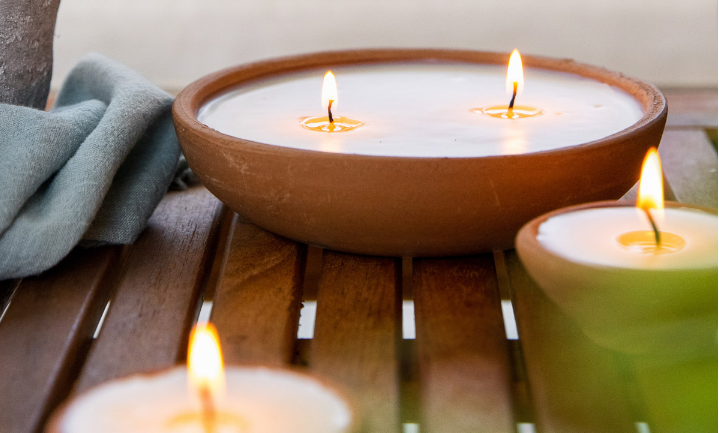
What are the better alternatives to bath and body works candles?
We all know that candles can be great for setting the mood, but many of us are unaware of the potential dangers that come with them. Bath and body work candles, in particular, have been known to contain toxic chemicals that can be harmful to your health. But what are the better alternatives?
Soy candles are a great option if you’re looking for a more natural candle. They’re made from soybean oil, which is a renewable resource, and they don’t produce the harmful chemicals that many other candles do. beeswax candles are another good choice. They’re made from, you guessed it, beeswax! Beeswax is a natural product that is also renewable, and it doesn’t contain any harmful chemicals. Finally, if you want a candle that smells great and is safe for your health, try an essential oil diffuser. Essential oils are completely natural and don’t contain any harmful chemicals whatsoever.
There are a few different ways to make your candles, and each has its pros and cons. For instance, you can use soy wax, beeswax, or paraffin wax. Soy wax is the most popular choice for making candles because it’s eco-friendly and non-toxic. However, it can be more expensive than other types of wax. Beeswax is also eco-friendly and non-toxic, but it’s more difficult to work with. Paraffin wax is the least expensive option, but it’s not as eco-friendly since it’s derived from petroleum.
If you’re looking for a more natural and eco-friendlier alternative to bath and body works candles, consider making your candles at home. You can control the ingredients and scent, and you’ll know exactly what’s in your candle. Plus, homemade candles can be just as beautiful as store-bought ones!
Conclusion
We hope that this article has helped to clear up some of the confusion surrounding Bath and Body Works candles and their potential toxicity. While it is true that some of the ingredients in these candles can be harmful, we believe that the overall risk is low enough that they can still be enjoyed safely. However, if you have any concerns about your health or the safety of these candles, we recommend speaking to a doctor or other medical professional before using them.

